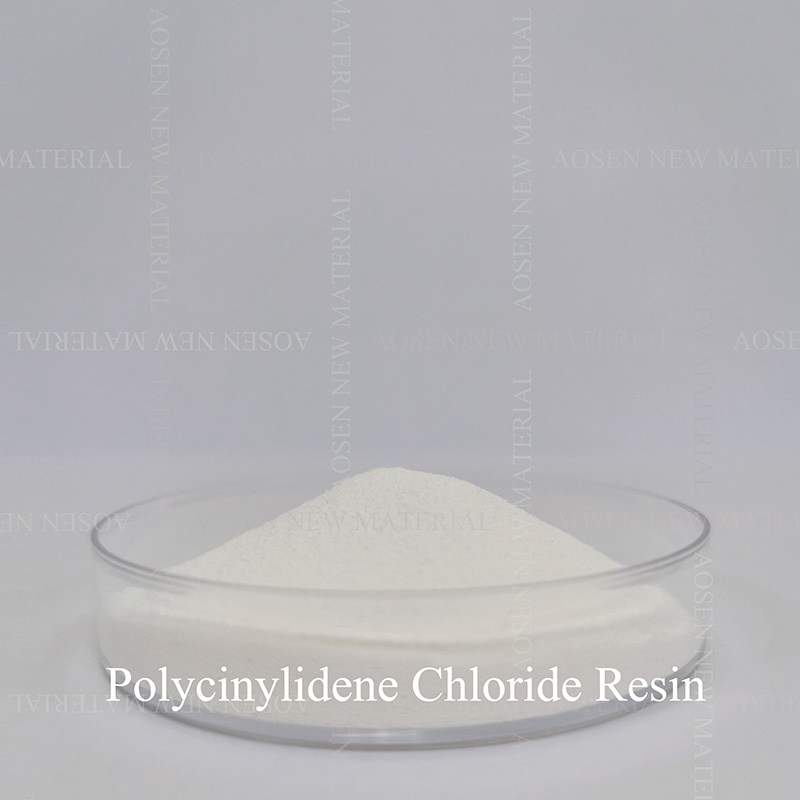
- English
- Español
- Português
- русский
- Français
- 日本語
- Deutsch
- tiếng Việt
- Italiano
- Nederlands
- ภาษาไทย
- Polski
- 한국어
- Svenska
- magyar
- Malay
- বাংলা ভাষার
- Dansk
- Suomi
- हिन्दी
- Pilipino
- Türkçe
- Gaeilge
- العربية
- Indonesia
- Norsk
- تمل
- český
- ελληνικά
- український
- Javanese
- فارسی
- தமிழ்
- తెలుగు
- नेपाली
- Burmese
- български
- ລາວ
- Latine
- Қазақша
- Euskal
- Azərbaycan
- Slovenský jazyk
- Македонски
- Lietuvos
- Eesti Keel
- Română
- Slovenski
- मराठी
- Srpski језик
How Do Polymer Materials Shape Modern Industries?
Polymer materials are the backbone of modern industrial innovation. From packaging and automotive components to aerospace engineering and consumer electronics, polymers have transformed how we design, manufacture, and use products. But what exactly are polymer materials?
Polymers are large molecules made up of repeating structural units called monomers. Through chemical bonding, these chains form versatile materials that exhibit unique properties such as flexibility, durability, thermal resistance, and lightweight performance. The combination of these properties makes polymers essential across virtually every industry.
Types of Polymer Materials
| Polymer Type | Examples | Key Characteristics | Typical Applications |
|---|---|---|---|
| Thermoplastics | PE, PP, PVC, PET, ABS | Softens when heated; reshaped easily | Packaging, medical devices, consumer goods |
| Thermosets | Epoxy, Phenolics, PU | Hardens permanently after curing | Automotive, electronics, adhesives |
| Elastomers | Silicone, Rubber, TPU | High elasticity and flexibility | Tires, seals, gaskets, sports gear |
How Polymer Materials Are Revolutionizing Key Industries
2.1 Automotive and Aerospace
Electronics and Electrical Engineering
Packaging and Consumer Goods
Medical Devices and Healthcare
Technical Parameters of High-Performance Polymer Materials
| Property | Description | Typical Range |
|---|---|---|
| Density | Mass per unit volume | 0.85 – 2.20 g/cm³ |
| Tensile Strength | Maximum stress before breaking | 30 – 120 MPa |
| Elongation at Break | Flexibility measure | 10% – 800% |
| Glass Transition Temp (Tg) | Point where polymer softens | -70°C to 250°C |
| Melting Point (Tm) | Solid-to-liquid transition temperature | 100°C – 350°C |
| Thermal Conductivity | Heat transfer capacity | 0.1 – 0.5 W/m·K |
| Flame Resistance | Self-extinguishing or flammable | V-0 to HB (UL94 standard) |
| Chemical Resistance | Resistance to solvents, acids, bases | High to excellent |
Emerging Trends in Polymer Materials
Polymer Materials FAQs
A: Thermoplastics soften when heated and can be reshaped multiple times, making them ideal for recycling. Thermosets, once cured, cannot be remolded due to cross-linking, making them stronger but less versatile.
A: Traditional polymers contribute to waste accumulation, but innovations like bio-based plastics, chemical recycling, and degradable polymers are significantly reducing environmental footprints.
Why Choose Aosen for High-Performance Polymer Materials
Polymers can be broadly categorized into three main types based on their thermal and mechanical properties:
Among these, thermoplastics dominate due to their ease of processing and recyclability, while thermosets are used where heat resistance and strength are critical. Elastomers fill the niche where flexibility and durability are equally important.
-
Lightweight and Strong: Polymers replace metals in automotive and aerospace applications, improving fuel efficiency.
-
Cost-Effective Manufacturing: Mass production is easier and more affordable compared to metals or ceramics.
-
Versatile Properties: From transparent films to high-strength composites, polymers can be engineered to meet diverse requirements.
-
Sustainability Potential: Advances in bio-based and recyclable polymers are driving eco-friendly manufacturing trends.
Polymer materials are more than just raw substances—they are enablers of technological progress. Here’s how they’re reshaping global industries:
Modern vehicles rely heavily on high-performance polymers:
-
Lightweight Components: Replacing steel parts with polymers reduces weight by up to 30%, improving fuel economy.
-
Enhanced Safety: Impact-resistant polymers like ABS and polycarbonate are used in bumpers, dashboards, and airbags.
-
Thermal Stability: High-temperature polymers withstand extreme engine environments.
For aerospace, advanced composites made from carbon fiber-reinforced polymers enable aircraft that are lighter yet stronger, reducing emissions and operating costs.
Polymers play a crucial role in miniaturized electronics:
-
Insulation and Safety: Materials like PTFE and polyimide provide superior electrical insulation.
-
Heat Dissipation: Specialized polymers manage thermal loads in high-density circuits.
-
Durability: Scratch-resistant coatings and flexible circuits extend product lifespans.
Polymers dominate the packaging sector due to their:
-
Barrier Properties: PET and PE films protect products from oxygen, moisture, and contamination.
-
Design Flexibility: Transparent, colored, rigid, or flexible—polymers allow unlimited creativity.
-
Sustainability Trends: Bio-based plastics and recycled polymers meet growing environmental demands.
In healthcare, polymers have unlocked breakthroughs in safety and precision:
-
Biocompatibility: Materials like PEEK and PMMA are used in implants and prosthetics.
-
Sterilization Resistance: Single-use syringes and surgical tools rely on polymers that tolerate high-temperature sterilization.
-
Drug Delivery Systems: Biodegradable polymers enable controlled drug release inside the human body.
Selecting the right polymer requires evaluating specific technical properties. Below is a comprehensive parameter table for industrial-grade polymers:
Understanding these parameters ensures optimal material performance for specific applications. For example, high-temperature polymers like PEEK excel in aerospace, while low-density, high-flexibility polymers such as TPU are ideal for sportswear and footwear.
-
Bio-Based Polymers: Derived from renewable resources like corn starch and cellulose, these materials are redefining sustainability.
-
Recyclable Composites: Innovations in chemical recycling make high-performance polymers reusable without quality loss.
-
Smart Polymers: Shape-memory and self-healing polymers are opening new possibilities in robotics, medicine, and wearable tech.
-
Nano-Enhanced Materials: Integration of nanofillers like graphene improves strength, conductivity, and durability.
Q1. What are the main differences between thermoplastic and thermoset polymers?
Q2. How do polymer materials impact environmental sustainability?
With 20+ years of expertise, Aosen delivers cutting-edge polymer solutions designed to meet the highest industrial standards. Our products combine:
-
Precision Engineering: Consistent quality across batches.
-
Custom Formulations: Tailored properties to meet unique project needs.
-
Global Supply Capability: Fast delivery to meet production schedules.
-
Sustainability Commitment: Focused on recyclable and eco-friendly polymers.
Whether you’re developing lightweight automotive parts, high-durability electronics, or sustainable packaging, Aosen provides a full range of polymer materials to bring your vision to life.
Contact us today to learn how Aosen’s advanced polymer solutions can drive innovation in your business.






